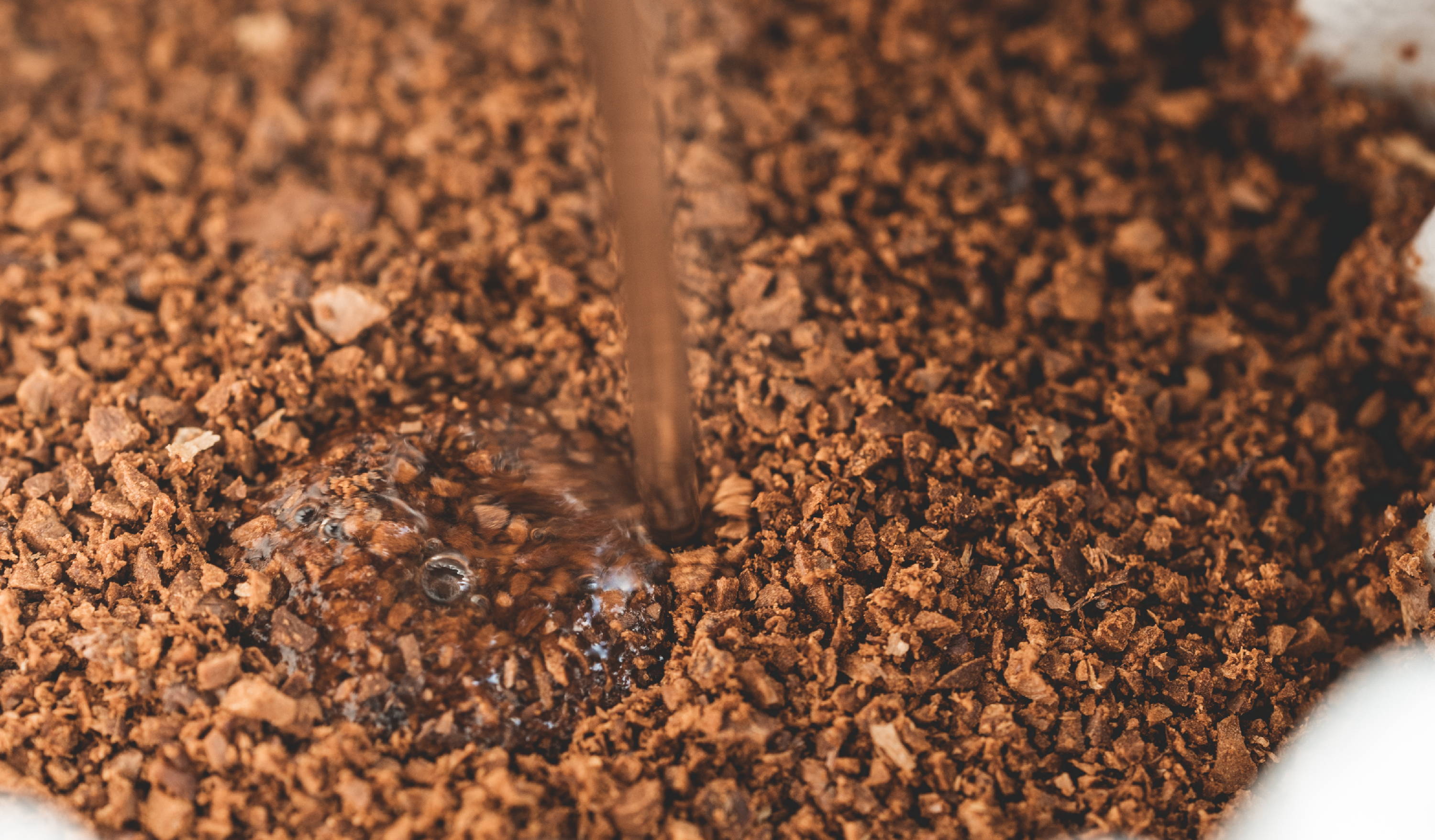It should come as no surprise that drinking our favourite beverage, coffee, brings about numerous health benefits.
Being a source of antioxidants and caffeine, drinking coffee holds some potential benefits for our body – studies suggest that drinking coffee is linked to reduced risks of heart disease, type 2 diabetes, chronic liver disease, Alzheimer’s, and dementia, amongst others.
Caffeine, being a stimulant, promotes the increased firing of neurons, and has also been shown to improve various aspects of brain function, including memory, mood, energy levels, and general cognitive function.
It seems like the benefits of drinking coffee are boundless. However, like the age-old adage, everything is good, but only when done in moderation. Drinking coffee can bring about negative side effects to our body – caffeine dependence, often with signs such as headaches, irritability and fatigue, is a relatively unpleasant occurrence that can sometimes happen with prolonged caffeination. Thankfully, these symptoms are relatively tolerable and dissipate within a day or so, with no observed lasting impacts.
With all that being said, there is that one question we coffee drinkers often ask ourselves — how much coffee is too much?
The daily limits
There are generally two perspectives to consider the impact of caffeine consumption: absolute terms (total amount of caffeine consumed a day) as well as relative (caffeine per litre of blood).
For the first, it is generally recommended that an acceptable amount of caffeine for the average adult is about 400mg a day — in adolescents, this amount drops to just 100mg a day! At the same time, when thought of in relative terms, caffeine will begin to affect the body if there are more than 15 milligrams per litre (mg/L) in the blood. At our limits, a concentration of 80 to 100 mg/L of caffeine may prove to be lethal for some.
Regardless, one can expect that drinking cups upon cups of coffee at one go is not advisable under any given conditions, on any given day.
What happens when you have too much?
When this happens, the brief idea is to get the caffeine in our system to metabolise. Typically, caffeine found in our blood has a half-life of about 5 hours, which means it usually takes that amount of time to lower the amount of caffeine in the bloodstream by half. So, take a few hours off and re-assess yourself at the end of that period. Hopefully, things will have returned to normal by then.
In the meantime, stop drinking caffeine and drink water instead – if possible, head out for a walk to take in some fresh air!
How much then, and when?
If you’ve not been scared away, and still want to know, we’ve done the math for you.
We estimate that an espresso shot at the cafe provides around 20-40mg of caffeine, while a cup of Homeground’s filter coffee provides around 40-60mg of caffeine. Therefore, the absolute limit of Homeground coffees done at one go should be no more than:
- 2 filter coffees, or
- 3 espressos, iced blacks or iced whites, or
- 5 hot whites
Studies recommend we refrain from caffeine for a minimum of 6 hours before our bedtime. Once again, while it may vary from person to person, that cup of coffee that we have at dinnertime might be what keeps us awake past our regular bedtimes. If you’d like to really test your limits, grab your 3-5 cups of coffee right before that time, and see how it goes!
The limits on our daily coffee
Journal article by Homeground Coffee Roasters.
Journal Archive

Milk in World Barista Competitions
An overview of milk concentration methods in coffee competition, focusing on freezing techniques that enhance milk's qualities for great coffee beverages.
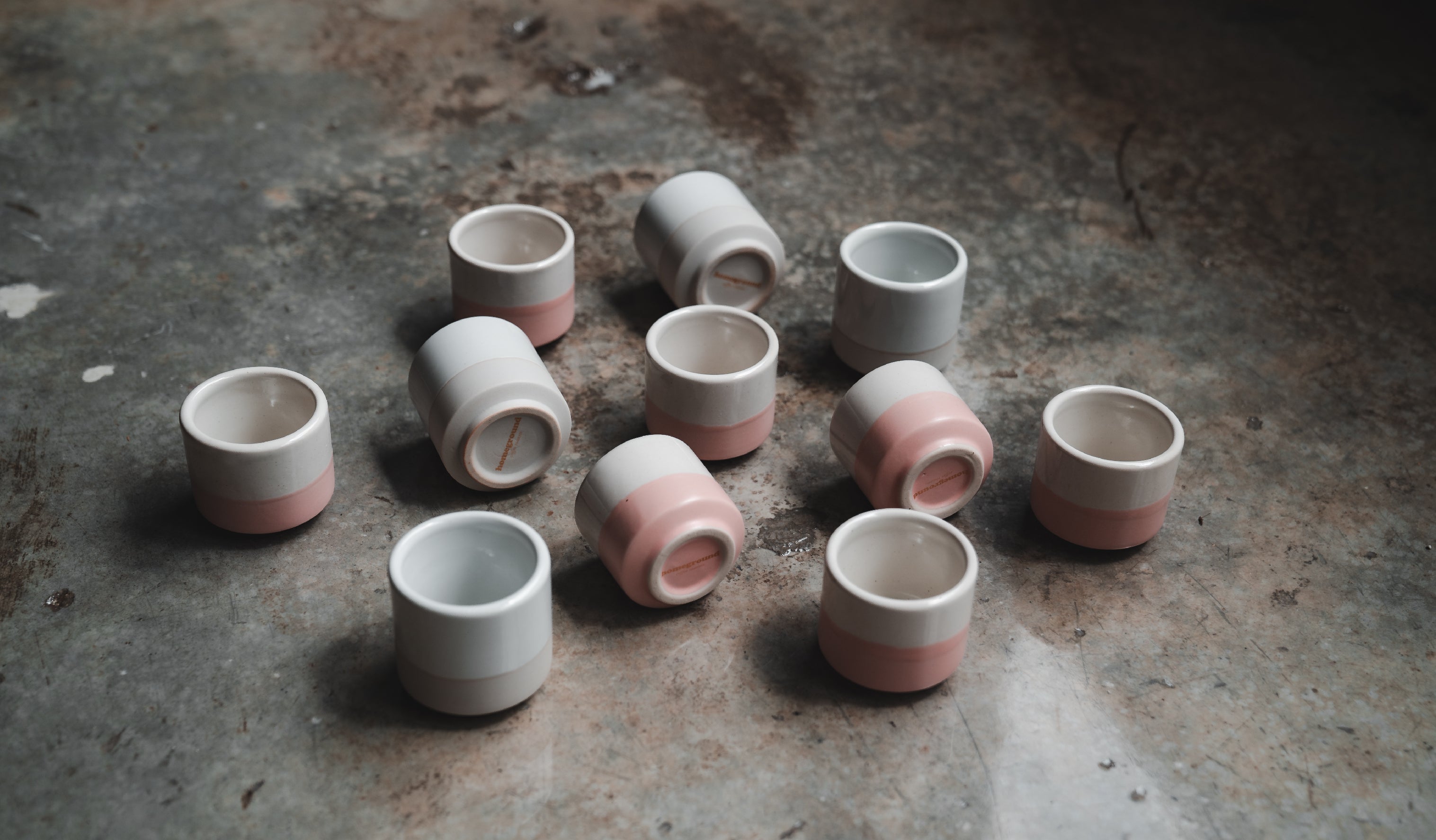
How Coffee Cup Colours Affect Your Drinking Experience
Cross-modal perception of colours on the taste of coffee

Learning to enjoy more
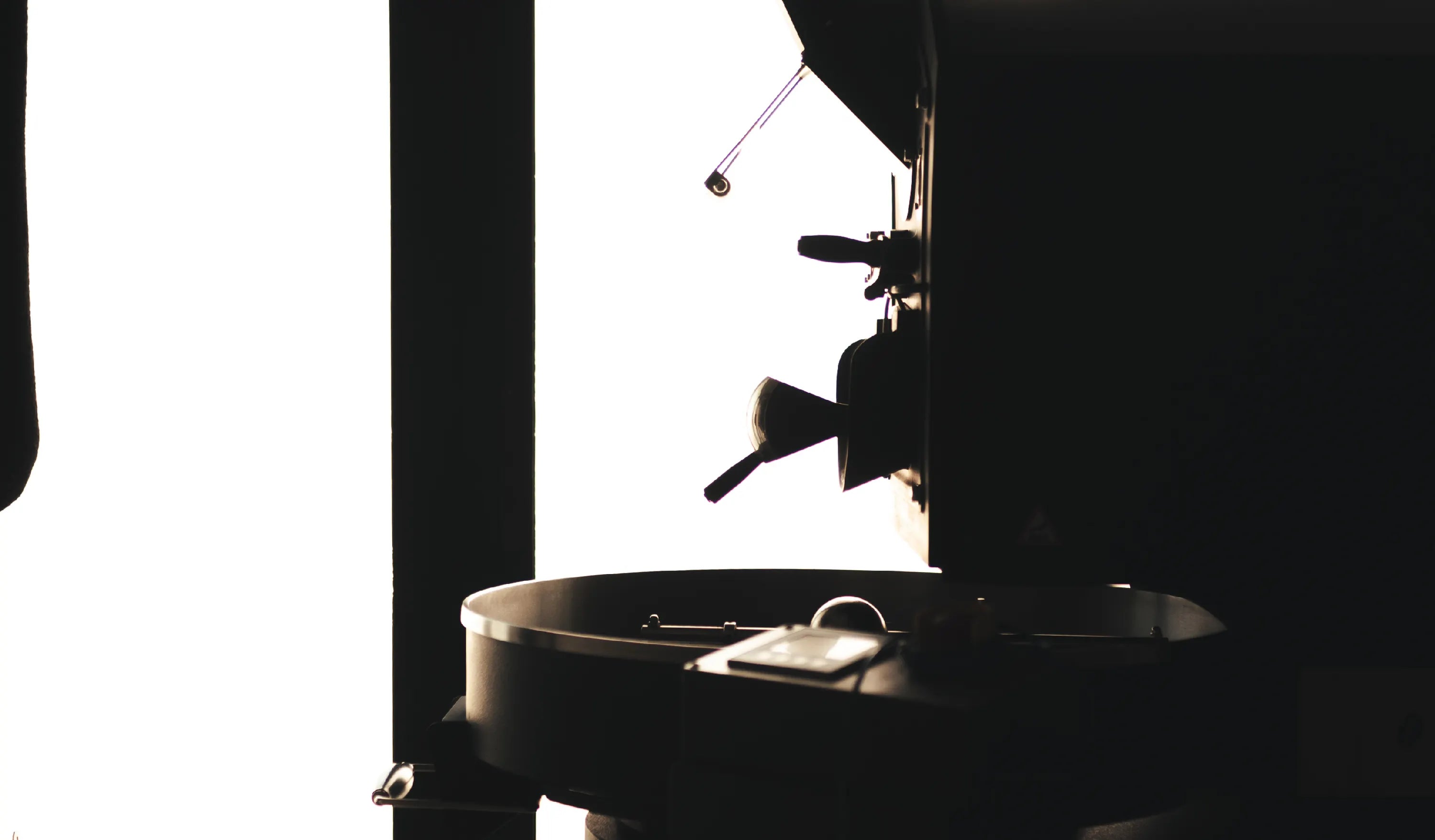
Same Coffees Everywhere, All at Once
Why do local specialty coffee shops serve the same coffees?
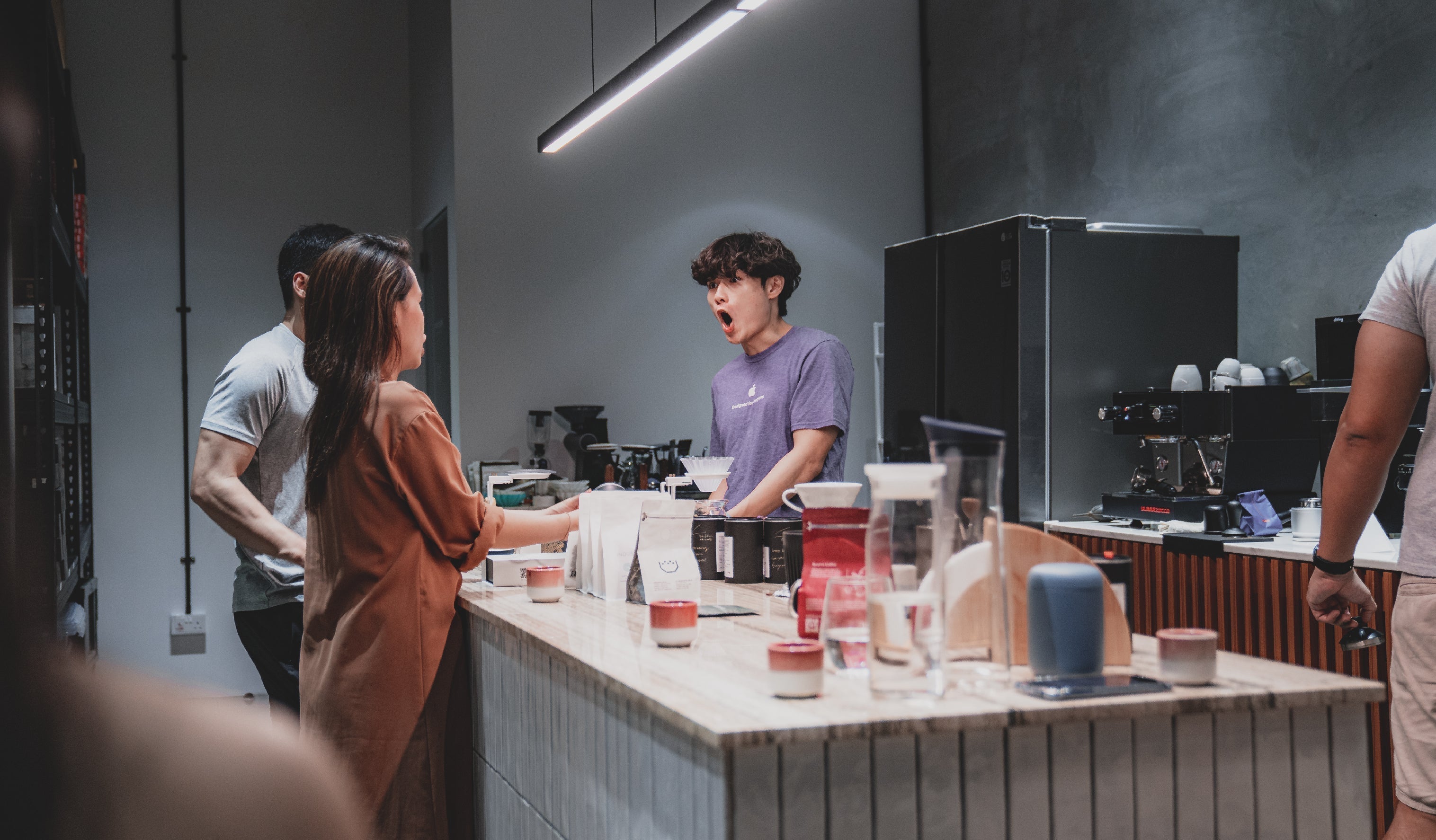
A study of unexpected coffee production nations
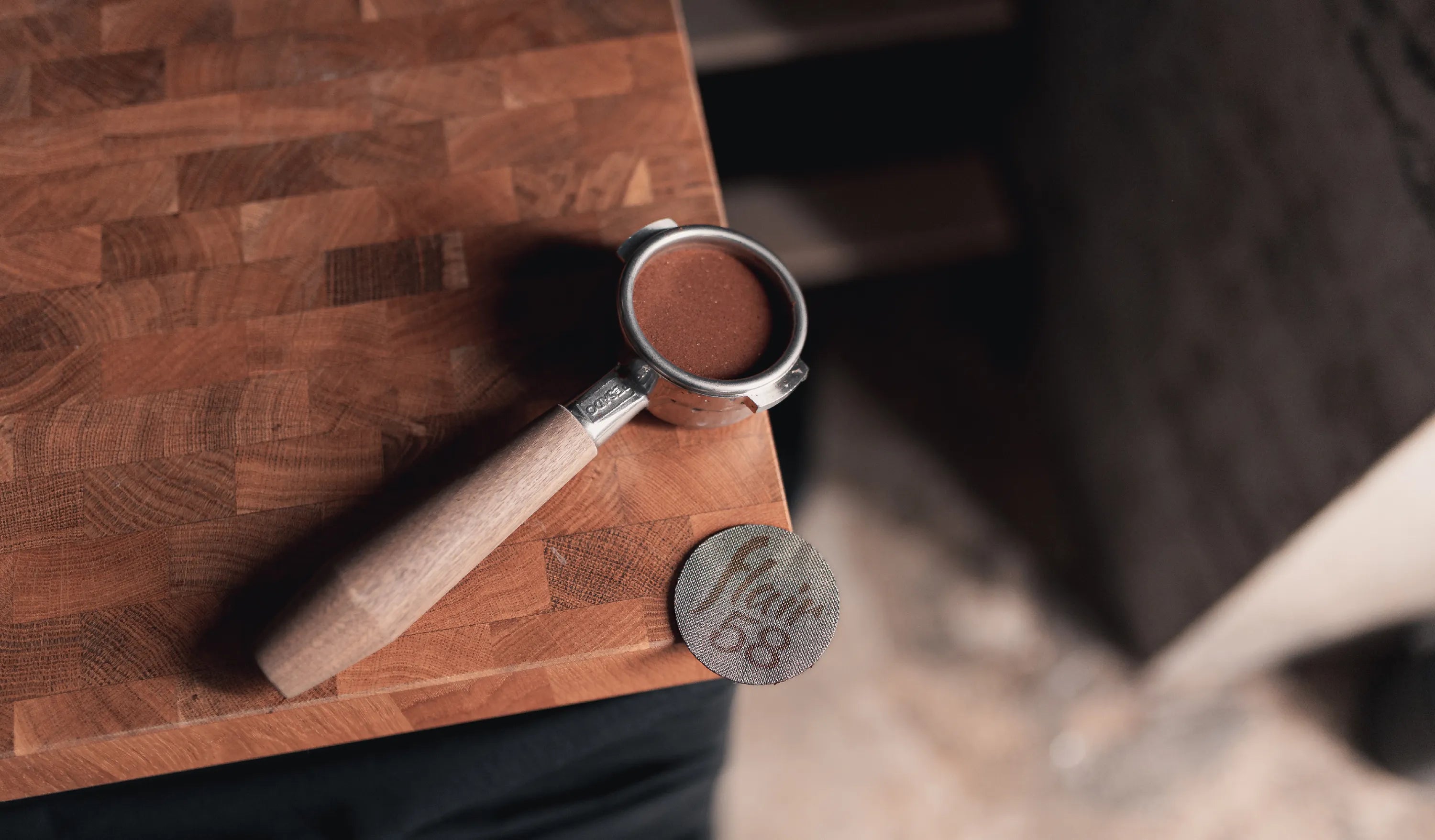
A low down on using puck screens for espresso machines


